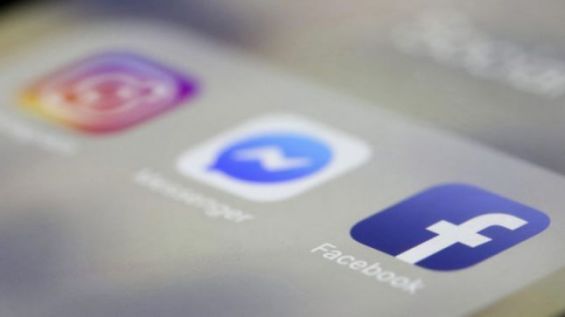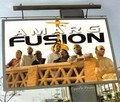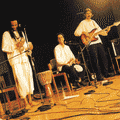Since the eruption of the novel coronavirus, social media platforms have been showered with news, videos and articles on the spread and preventive measures related to the outbreak. While some of these information spread panic among internet users, others were dubious and far from being true.
Morocco has its fair share of these kinds of practices, with social media users, sharing fake news on the outbreak and spreading unofficial and erroneous measures attributed to the authorities in charge of avoiding the spread of the new virus.
On Wednesday, the Interior Ministry issued a press release, warning against the spread of fake news that could sow seeds of panic among Moroccans, as the country announced its first confirmed coronavirus case.
Prior to the ministry’s statement, authorities arrested several nationals who took to social media, pretending they knew people infected by the virus and spreading fake news regarding the disease.
The need of being informed
But the urge of being on the hunt for news and new information is a practice that has been around since the dawn of time. According to sociologists, wanting to be informed about what is happening is something that is not new to people and with social media this curiosity can lead to the spread of fake news.
«The need of searching for news and information has been around for centuries, but it is the medium that provides that what makes the difference today», Moroccan sociologist Abdeljabbar Boucetta told Yabiladi.
To the professor, «internet and social media is now a channel that can provide news but also spread fake ones» and that could be blamed on two things. «In the past, informing the public was a mission exclusively carried by journalists and media but today everyone can be a journalist by sharing, producing and reproducing news on social media», the sociologist argued.
«Unfortunately, in Morocco, we still don’t know how to use social media in a constructive way. Instead, we have people sharing, producing and spreading erroneous and fake news», he added.
Fear and panic
The other problem, according to the sociologist, is somehow related to the way social media platforms function. «On social media, some people think that the most shared and viewed posts and videos are the most credible», Boucetta argued, adding that this pushes social media users «to chase views, likes and shares regardless of the credibility of the content they put out there».
«The spread of fake news has several negative consequences and one of them is the loss of trust. Everything becomes untrustworthy and being untruthful becomes a lucrative practice. Also fake news that cause panic can be seen as ‘symbolic violence’».
Moroccan sociologist Fouad Belmir, who shares the same opinion, told Yabiladi that internet users, «forget sometimes that we live in a state, which has official institutions». «When it comes to informing Moroccan citizens on issues that bother them, there are institutional channels whose mission is to inform people», he explained.
Moreover, he explained that some of these news that circulate on social media can sometimes, cause «fear and phobia that can lead to chaos and mayhem», especially during crises, Belmir argued, adding that «social media should not be a source of information».
«Education is a strategic solution. But we need an immediate solution : the institutions must intervene to debunk fake news, clarify and clarify things», he concluded.





 chargement...
chargement...













